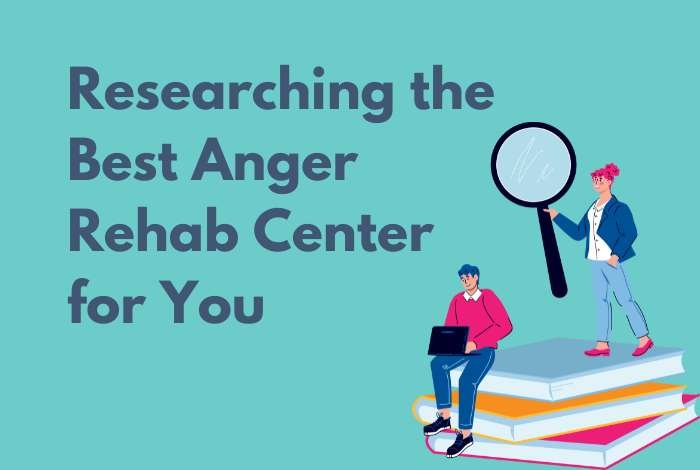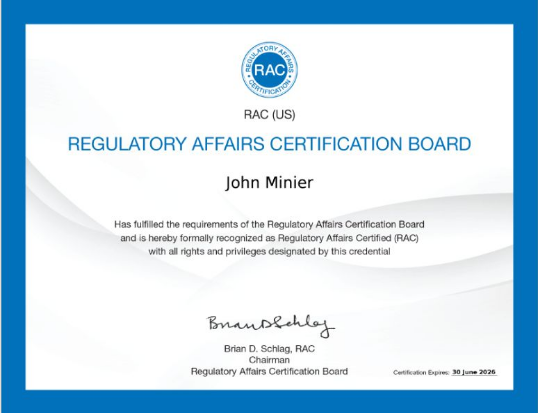Based on my research, I found there is a concerning issue in almost everyone of what kind of treatment and therapy anger rehab gives.
I suggest, before entering anger rehabilitation, ensure that the staff, what additional support is going to provide, how the environment is, and many more. Below is the detailed description:

Treatment Approaches
As an experienced person, i would like to suggest you first know about the treatment approach of individual centers. The treatment is similar, but the procedure may vary from center to center.
These may include Cognitive Behavioral Therapy (CBT), which deals with and changes your behavioral issues through conversation. Dialectical Behavior Therapy (DBT) is similar to CBT but differs in that it focuses on positive behavioral growth as well as negative ones.
Family therapy is counseled by family members and usually used by verifying psychologists and therapists. Psychodynamic therapy helps increase self-esteem.
Breathwork is yoga but is considered therapy that relaxes you while you are angry. There’re also Mindfulness and Meditation Therapy, Motivational Interviewing, Reality Therapy, Relapse Prevention Therapy, Person-Centered Therapy, Acceptance and Commitment Therapy, and Psychotherapy Program.
I work with many anger issue patients, and so far, meditation worked the best, as well as mindful therapies, work best in anger management classes by avoiding triggers as well controlling reactions.
A report by NCBI alleged that all of the above are used in anger rehab, but CBT is more effective. Apart from these, rehab centers also approach a few pieces of training like 7/11 training and 3R (Retreat, Rethink, Respond).
Staff Expertise and Qualifications
One of the essential factors to consider is the staff, including therapists, pathologists, assistants, technicians, and transporters expertise and qualifications.
I suggest knowing if they are qualified and experienced enough in treating anger problems.
Choose a center where the staff is experienced in anger management therapy at least they have RAC certification, and have good reviews from former clients. See below what a RAC certificate looks like.
Source : John Minier RAC

If you go to rehab knowing these things well, you will understand that you are getting mental satisfaction and anger issues are coming under control.
Types of anger issues may vary from person to person. I worked with a teenage girl named Alaina. She was an introvert with extreme anger issues.
It was hard for me to create a treatment plan as in rehab, she might get too many conversational sessions. I was afraid she wouldn’t enjoy them and get distracted.
On the other hand, I expected reading books or solving Rubik’s cube would be more effective for her. For instance, I included music, too. That helped her diversely in her anger management period.
A few days later, I noticed several changes in her, such as she started talking with me, expressing the reasons for her short temper, and so on.
After 2 weeks, she agreed to attend rehab and was discharged from the rehab within a month. She is still sober and leading a happy life with her classes, friends, and family.
Similarly, treatment plans may change according to your si. Some of the programs include partial, outpatient, and inpatient programs.
Again, depending on the type of anger and the overall situation, it is divided into several groups and treated, such as detox, residential, and PHP-OP. Anger management facilities set goals based on individual benefits.
So after looking at these things, you should select the center. Again the program is divided into 3 parts depending on the time 30 days, 60 days, 90 days, and long-term living program.
Treatment Duration and Structure
Backed by a substantial track record, i can say depending on the severity of the anger, the anger rehab center fixes the duration and type.
That includes inpatient anger management programs, where treatment is provided with 24-hour rehab supervision. It lasts from a week to a few months.
Outpatient anger management, where the patient takes treatment from home, and goes to the center during the session.
There are a few sessions a week that last for several months, including 12 steps. It also includes Comprehensive bio-psycho-social assessment, Individualized treatment planning, Group therapy, Family sessions, Vocational counseling, and others.
Day programs are similar to outpatient, but in this case, only 8 hours are required to stay at the center. And it is comparatively less costly.
Additional Support Services
Additional support for rehab may include discounts during treatment or post-treatment benefits such as family therapy.
An aftercare program where you can have an extra session if you want or need it. Again, many types of complications can be seen in sudden changes in behavior.
Like suddenly becoming very quiet, any changes in mental health. Choose a rehab that offers treatment or opportunity for these things.
Location and Environment
Rehab environment and location impact anger management as it is anger issues rehab. From my point of view, a peaceful setting can ease your mind and help you reduce anger.
Again, the natural environment can improve your thoughts, such as a 5-minute walk can calm your mind. Now, the weather should not be too rough but temperate. It should be as close to your home as possible. Check the safety of this place.
Anger isn’t an easy issue to control or recover. But proper sessions, place, duration, and environment play a vital role in controlling your anger easily. Rehab provides all the things, but before entering a rehab, don’t forget to list your needs and verify them.
- What to Pack for 30-Day Rehab? FREE Checklist - May 30, 2024
- Types of Outpatient Rehab: Difference One Should Know - March 28, 2024
- Truth Behind FMLA: Hidden Hurdles of Alcohol Rehab Leave - March 28, 2024